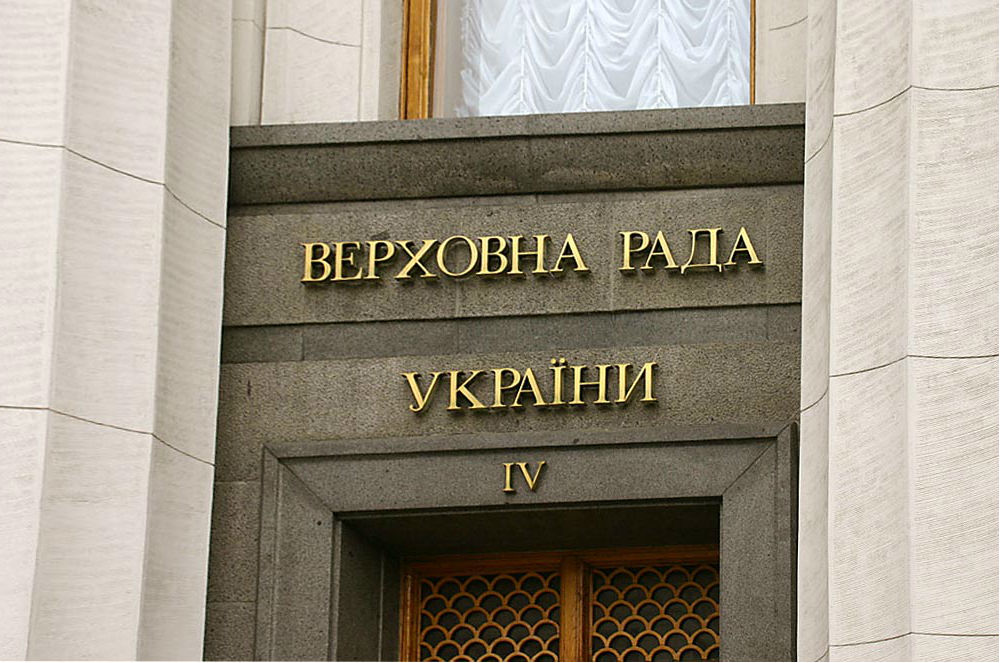 In October 2014, Ukraine’s parliament passed a law requiring all public officials to file an electronic declaration disclosing their assets. The law requires the identification of assets directly held by officials, as well as those held by family members, which means officials can no longer hide illegally obtained assets in the names of family members. To give the law some teeth, it makes public officials criminally liable for false information.
In October 2014, Ukraine’s parliament passed a law requiring all public officials to file an electronic declaration disclosing their assets. The law requires the identification of assets directly held by officials, as well as those held by family members, which means officials can no longer hide illegally obtained assets in the names of family members. To give the law some teeth, it makes public officials criminally liable for false information.
Not surprisingly, there have been numerous attempts by Ukrainian politicians to weaken the law. In the last year, there have been at least six attempts to dilute the law. Just as the e-declaration system was set to launch on August 15, the State Service of Special Communication and Information Protection in Ukraine (SSSCIP) torpedoed the launch by refusing to provide the “information security certificate” for the e-declaration software package. This certificate is required for public officials to face criminal liability if they provide false information in their declarations.
After pressure from activists and the international community, the e-declaration system finally went live on September 1. Unfortunately, the launch was a complete bust. No declarations appeared on the screen, many users were unable to see the website, and it was initially impossible to upload a public official’s asset declaration to the site.
This was not merely a software glitch. On August 29 Oleksandra Drik, chair of the Civic Lustration Committee’s board and coordinator of a coalition of anticorruption NGOs called Declarations Under Control, discovered that the National Agency for the Prevention of Corruption (NAPC)—the newly created body responsible for managing the e-declaration system—had secretly executed a contract with SSSCIP to “fix” the e-declaration’s supposed “vulnerabilities”—thus providing SSSCIP the legal cover it needed to justify its changes to the system.
During the original testing period—before SSSCIP got involved—the system worked perfectly, surviving 230,000 simulated hacking attempts without a single penetration. “We are certain that SSSCIP’s changes were done to sabotage this launch, discredit the system, and provide an excuse for further delays,” Drik said in a September 5 interview.
SSSCIP and NAPC have blamed software developer Miranda.
But SSSCIP’s actions were just a first shot. Activists fear that the system is under threat again. On September 6, MP Tetiana Donets from the People’s Front party submitted three draft amendments to the new law (here, here, and here). According to Transparency International Ukraine senior analyst Oleksandr Kalitenko, these drafts weaken the e-declaration in a number of ways.
First, the public is denied online access to declarations, thus greatly limiting the ability of Ukraine’s vibrant civil society and journalists to examine the assets of officials and hold them accountable. Second, the draft raises the threshold at which one must disclose their expenses and cash from 68,900 UAH to 150,000 UAH and from 6,890 UAH to 10 percent of annual income for declaring presents. Third, the requirement for officials to declare both immovable and movable common property—including securities such as stocks and bonds in the possession of another person—is eliminated. While Donets’ draft amendments do not eliminate criminal liability for false declarations, Drik and others worry further draft amendments that do end criminal liability may soon appear in parliament.
In addition to Donets’ draft amendments, a so-called “zero declarations” law could be rammed through parliament. This draft law was originally promoted by the presidential administration in the spring in response to the release of the Panama Papers and sent to parliament for consideration by the head of the parliamentary committee on taxation Nina Yuzhanina.
Zero-declaration is essentially an amnesty program, providing corrupt officials the opportunity to openly declare stolen assets without fear of criminal prosecution by paying a one-time five percent tax on these assets. While Yuzhanina shelved the zero-declaration bill after experts protested before her committee, activists say it could return on short notice and pass parliament without debate or the possibility for reformist MPs to amend it.
Finally, a legal challenge could defang the new law as well. On April 18, the Constitutional Court of Ukraine began considering an appeal filed by forty-eight former Party of Regions MPs to invalidate key provisions in the e-declaration law. These include ending criminal liability for filing false disclosures as well as eliminating the requirement for officials to declare assets held by their parents and children, thus allowing them to avoid revealing ill-gotten gains by transferring legal ownership to family members. While lawyers from Declarations Under Control have filed motions opposing the appeal, given that six of the CCU’s sixteen judges are former Yanukovych allies, a strong possibility exists that CCU may rule against activists.
The West should insist that Kyiv stop playing games with the e-declaration system. Ukraine remains dependent on Western financial aid and political support, which gives the West ample leverage to push Kyiv to do the right thing.
Josh Cohen, an ex-USAID project officer who managed economic reform projects throughout the former Soviet Union, is a business development professional. He also contributes to foreign policy-focused media outlets.
Image: The parliament of Ukraine. Credit: Elke Wetzig/Creative Commons
